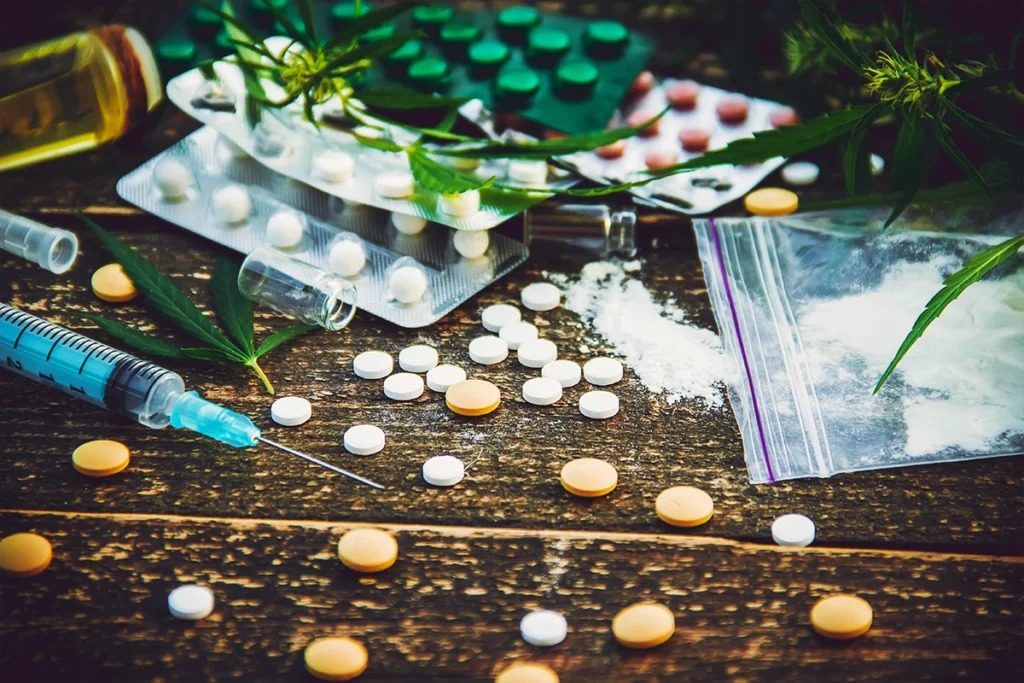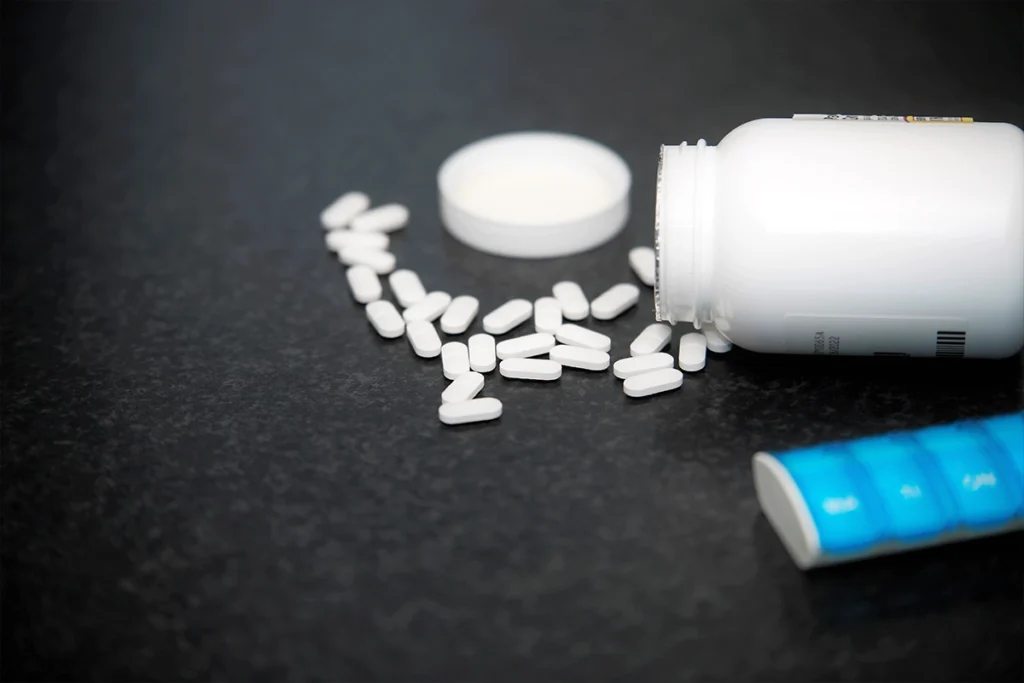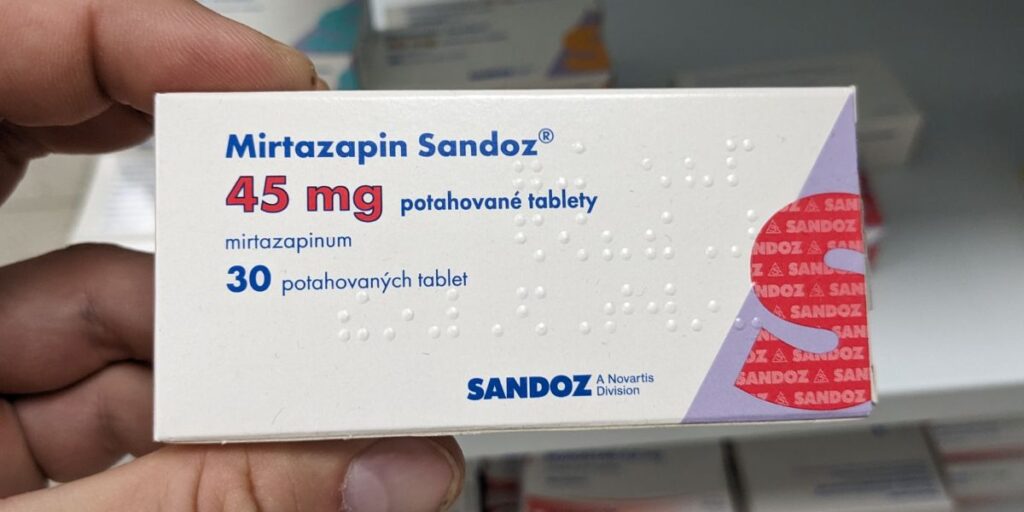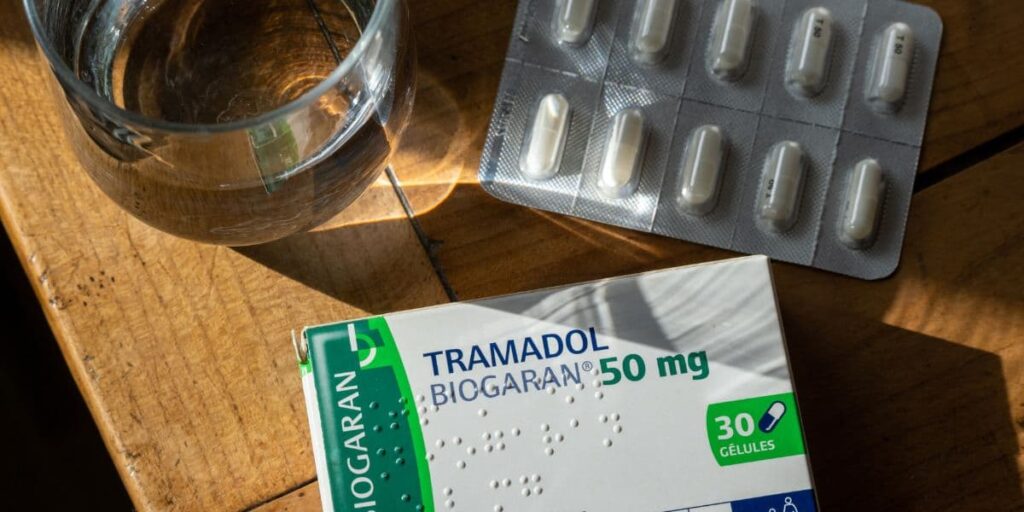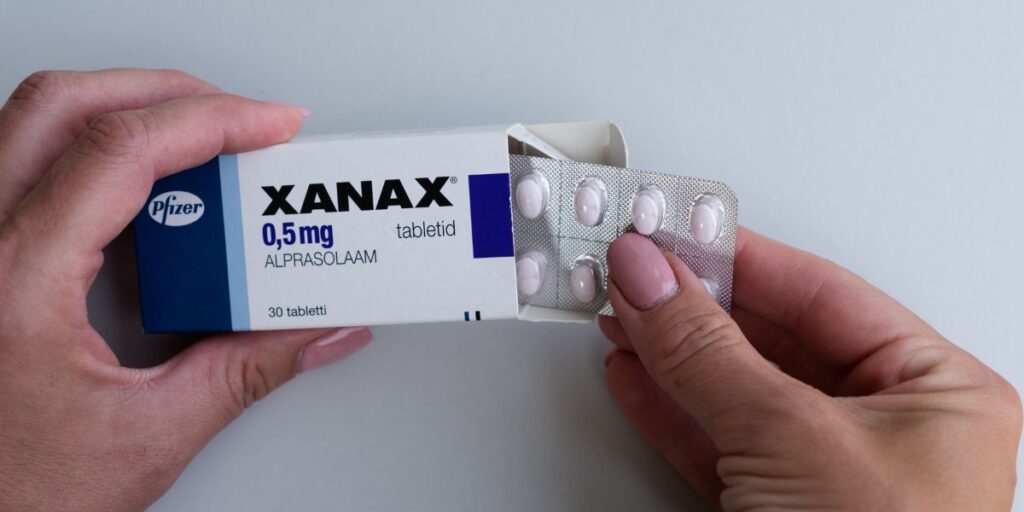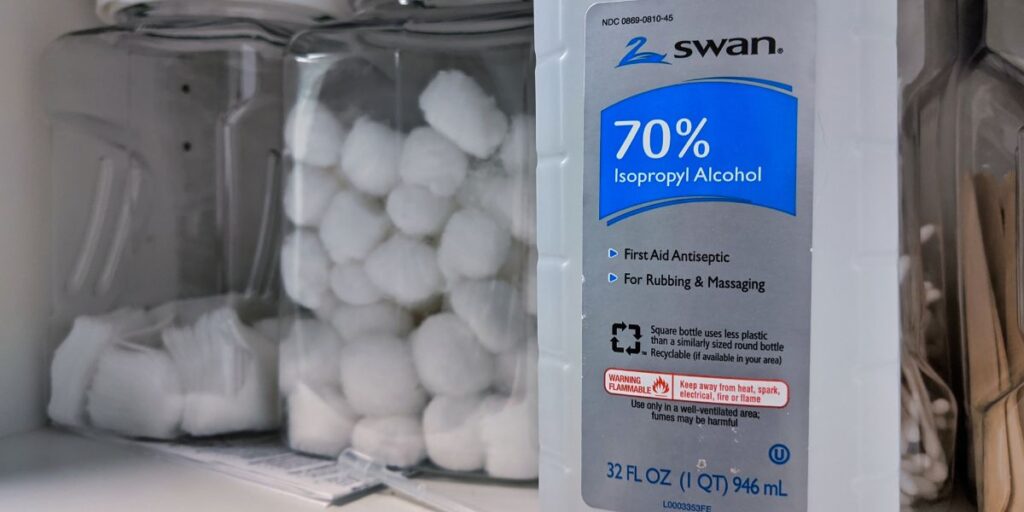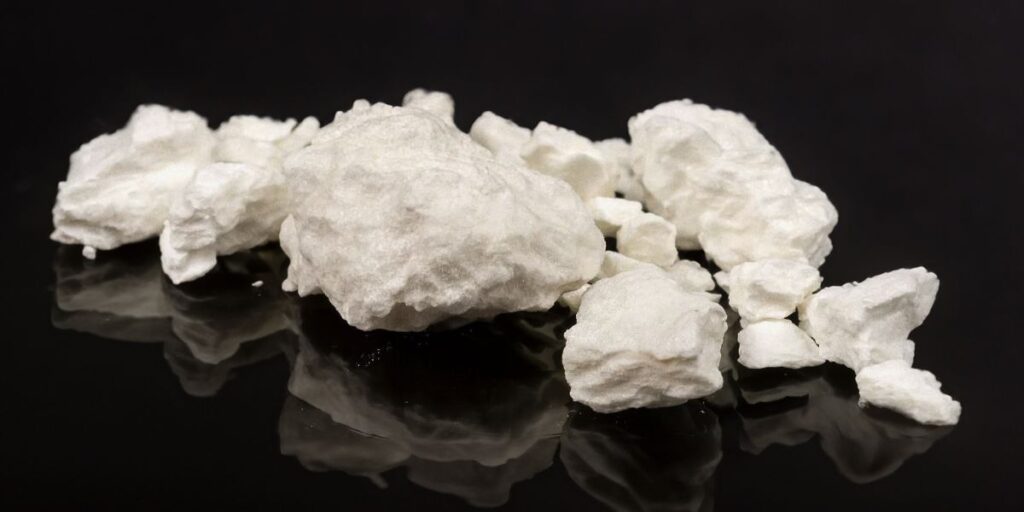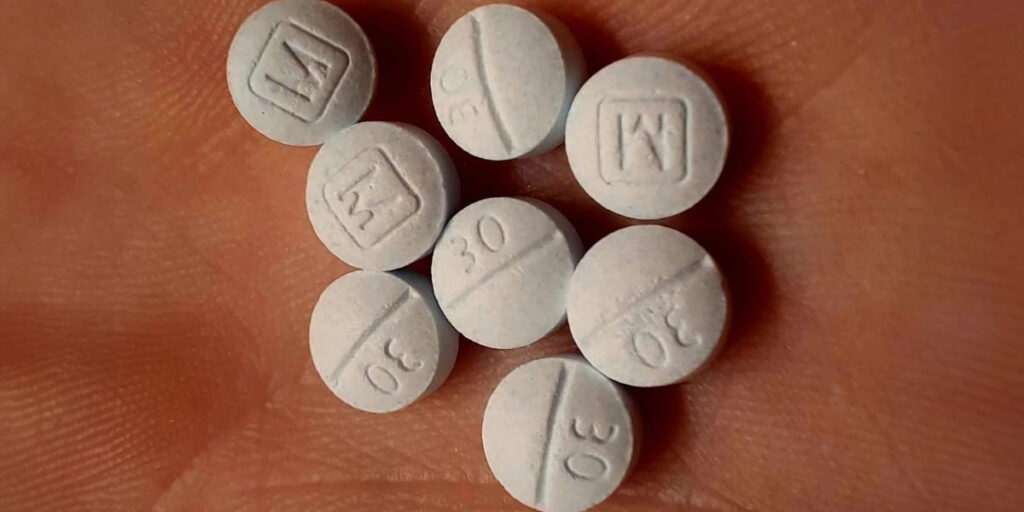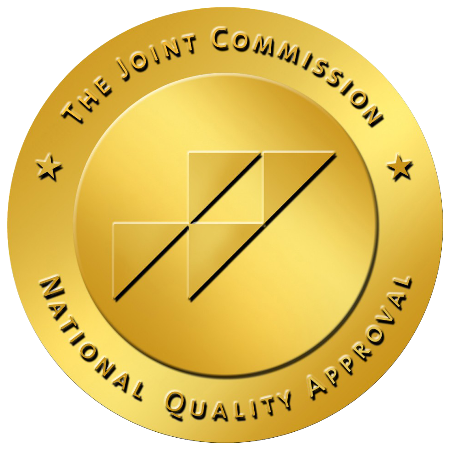In the United States, drinking alcohol is legal and a widely shared social tradition, but it can quickly get out of hand and become dangerous.
It’s not uncommon to have a night of drinking get the best of you and not feel well, but at what point does it put your life in danger? More often than you think.
The Center for Disease Control and Prevention (CDC) finds that an average of six people die from alcohol poisoning every day.
Knowing how to avoid alcohol poisoning and recognizing the symptoms and dangers of alcohol poisoning can be the difference between saving a life or experiencing brain damage or death.
What Is Alcohol Poisoning?
Alcohol poisoning sometimes called alcohol overdose or ethanol toxicity is caused by too much alcohol in the bloodstream, which results in the brain and vital organs becoming overwhelmed and shutting down.
Alcohol poisoning can happen quickly while a person is still consuming alcohol or after they have stopped drinking and can happen to anyone, from first-time drinkers to experienced drinkers.
Alcohol poisoning can be life-threatening and requires medical attention. If you think someone else is experiencing alcohol poisoning, call 911 immediately.
Binge Drinking
The National Institute on Alcohol Abuse and Alcoholism (NIAAA) defines binge drinking as four or more drinks in two hours for women and five or more drinks in two hours for men.
When a person drinks two or more times the amount of drinks considered binge drinking, it is called high-intensity drinking.
Most reported cases of alcohol poisoning had occurred when a person was binge drinking, high-intensity drinking, or had a lot of alcohol in a short period of time.
How Long Does Alcohol Poisoning Last?
How long alcohol poisoning lasts depends on how severe it is and how quickly you seek medical attention. Alcohol poisoning is not like a hangover that will resolve itself with time; it is a medical emergency that requires attention right away.
Even with emergency help, alcohol poisoning can lead to brain damage or death.
How to Tell if You Have Alcohol Poisoning
Sometimes it can be difficult to tell if you are very drunk or experiencing signs of alcohol poisoning because they often go hand in hand.
Never assume that you are in the clear because you have stopped drinking. Alcohol poisoning happens while you are still drinking or the few hours after you stop drinking.
Some signs and alcohol poisoning symptoms include:
- Inability to recall how much you’ve had to drink
- Confusion
- Continuously losing your train of thought or focus
- Dizziness
- Falling or slumping over
- Nodding off
- Vomiting
- Difficulty speaking
Unfortunately, you cannot always rely on the people around you to notice the warning signs of alcohol poisoning or to call for help.
If you think you are at risk of alcohol poisoning, call for help yourself, or ask someone to call for you, it is always better to be cautious.

Symptoms of Alcohol Poisoning
Alcohol poisoning has physical symptoms you can check for even if someone insists they are okay or cannot communicate with you verbally.
Never assume that an unconscious person will sleep it off or be fine after a few hours; always check for symptoms of acute alcohol intoxication.
Physical symptoms of alcohol poisoning include:
- Non-stop vomiting
- Loss of consciousness
- Unresponsive to loud or physical stimuli
- Low body temperature
- Cold or clammy skin
- Pale or blue-ish skin, lips, or fingers
- Slow or irregular breathing
- Irregular heart rate
- Loss of bladder or bowel control
- Seizures
If a person has any of these symptoms, call 911. While you wait for help to arrive, place the person onto their side to prevent choking.
Someone should stay with the person to monitor their breathing and vital signs.
Be prepared to provide information about how much alcohol the person drank, any other drugs or medication in their system, and any health conditions you may know they have.

What Is a Hangover?
If you’ve ever woken up after a night of drinking and felt so awful, you wished for a time machine. You’ve experienced a hangover.
Symptoms of a hangover begin when the body has gotten rid of most alcohol toxins and blood alcohol content returns to zero.
Drinking causes your blood vessels to swell, causing headaches and soreness.
When your liver is busy processing alcohol, it lowers glucose production, which results in low blood sugar; low glucose levels can lead to dizziness, shaking, sweating, and intense hunger.
Nausea and diarrhea are common, especially if you drink on an empty stomach because your body produces excess acid to digest the alcohol, which upsets the entire digestive tract.
People who are regular drinkers or have been on a binge might experience alcohol withdrawal syndrome.
How is Recovering from Alcohol Poisoning Different From a Hangover?
Hangovers and alcohol poisoning are two separate problems requiring two different recovery methods.
Even though a hangover feels like a pressing health issue, it will go away with time, water, food, and rest, with no lasting impact on your health.
Recovering from alcohol poisoning requires medical attention and can cause you to have your stomach pumped, receive IV fluids and oxygen, a catheter, and a hospital stay until you are stable.
These treatment measures can leave you sore and uncomfortable, in addition to the uncomfortable aftereffects of drinking.
Once you are sober, medical staff will likely screen you for substance abuse and alcohol use disorder and discuss treatment options with you.
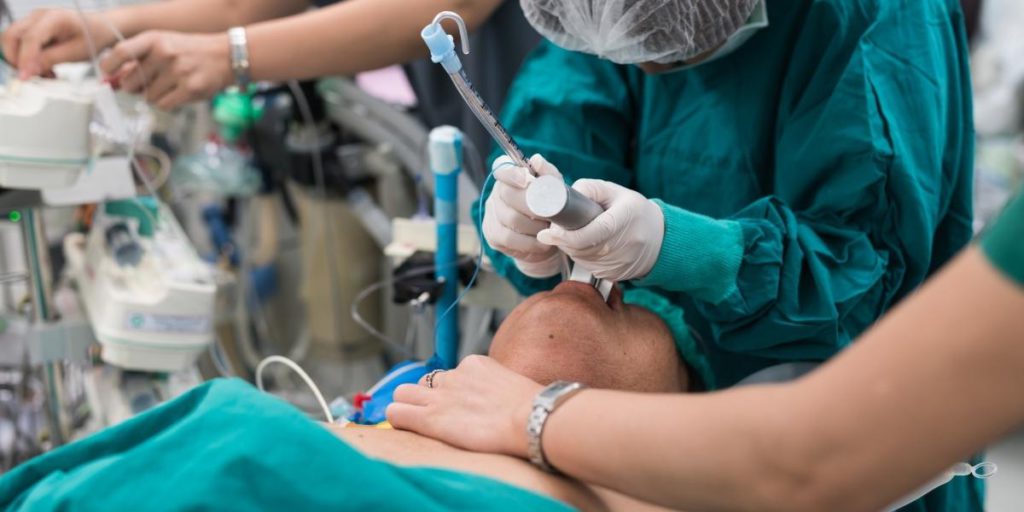
Alcohol Poisoning BAC
Legally, a .08% BAC is considered intoxicated. Medically, a BAC of .25% or higher is alcohol poisoning, even if the person is only displaying one or two symptoms.
As your body processes alcohol, it absorbs it into the bloodstream, which is how the feeling of intoxication spreads throughout your body.
The level of alcohol in your bloodstream is called blood alcohol content (BAC); the higher it gets, the more danger you are in.
BAC continues to rise even after a person has their last drink; it is crucial to pay attention to drunk people even after they stop drinking,
Alcohol affects everyone differently; regular drinkers and people with alcohol use disorder develop alcohol tolerance and seemingly function with a higher BAC than most people can handle.
On the other end of the spectrum, inexperienced drinkers, people relapsing after a recovery period, and people with pre-existing conditions can become dangerously impaired with less alcohol, even if their BAC is lower.
Alcohol Use Disorder Treatment
Enjoying an occasional drink is an option for some people, but it’s only a trigger for many people battling alcohol use disorder.
Overcoming drug and alcohol addiction is one of the hardest things to do, but it is not impossible.
At Northridge Addiction Treatment Center, we understand that addressing the physical aspects of addiction is only the beginning.
We use on-site medical detox to help get you through alcohol withdrawal, immersing you in care for a safe, comfortable, and empathetic environment.
Our high-end residential treatment center surrounds you with California’s scenic mountains and modern amenities such as our pool and hot tub to get you used to enjoying a life free from alcohol and substance abuse.
We use evidence-based treatments and therapies to address addiction’s mental and behavioral aspects, equipping you with the knowledge and power to maintain your recovery in a culture saturated with alcohol after you walk out of our doors.
Reach out today to begin your path to meaningful and lasting recovery.


